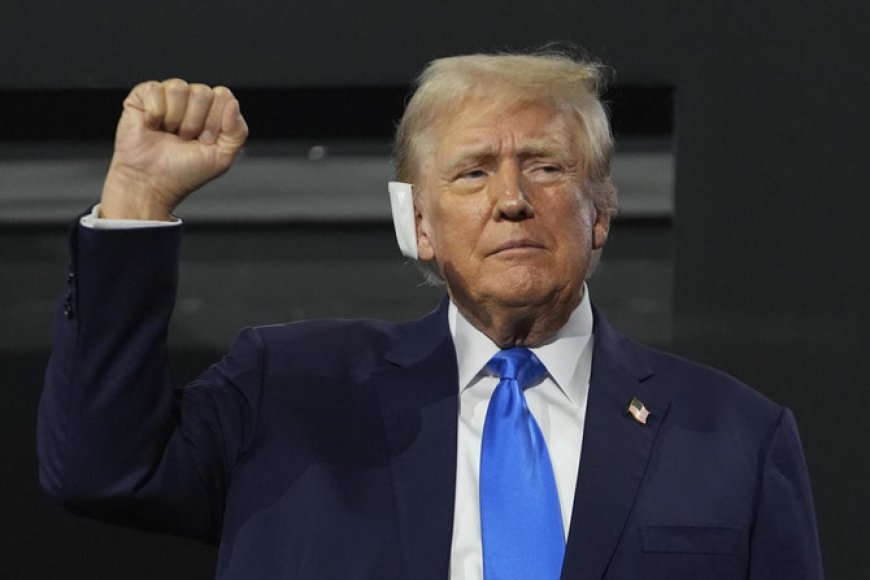Trump Calls for Taiwan to Pay for US Defense, Casting Doubt on Future Relations

Former U.S. President Donald Trump has suggested that Taiwan should financially compensate the United States for its defense against China, raising questions about the future of U.S.-Taiwan relations if he is re-elected. Trump's remarks were made during an extensive interview with Bloomberg Businessweek, published on Tuesday.
When asked if he would support Taiwan in the event of a Chinese attack, Trump responded, "I know the people very well, respect them greatly. They did take about 100 percent of our chip business. I think Taiwan should pay us for defense," according to the transcript released by Bloomberg. "You know, we’re no different than an insurance company. Taiwan doesn’t give us anything."
While the U.S. does not officially recognize Taiwan diplomatically, it remains a critical partner and major arms supplier. Recently, Washington approved a multi-billion-dollar military aid package aimed at countering Beijing's growing influence in the region.
Taiwan is a global leader in the semiconductor industry, producing a significant portion of the world's advanced microchips. The Taiwan Semiconductor Manufacturing Company (TSMC) has notably benefited from the U.S. Chips and Science Act, passed in 2022 to encourage semiconductor companies to establish operations in the U.S. TSMC is currently building two plants in the U.S. and announced plans for a third in April, bringing its total investment to $65 billion.
Trump expressed frustration over this arrangement, stating, "Washington is giving them billions of dollars to build new chips in our country, and then they’re going to take that too. I don’t think we’re any different from an insurance policy. Why? Why are we doing this? They took almost 100 percent of our chip industry, I give them credit."
Reacting to Trump's comments, Taiwanese Premier Cho Jung-tai emphasized that Taiwan has significantly increased its defense budget in recent years. "We are willing to take on more responsibility; we are defending ourselves and ensuring our security," he said during a press briefing. "We are also clear that Taiwan-U.S. relations have been very strong in recent years. Maintaining peace and stability of the Taiwan Strait and Indo-Pacific region is our common responsibility and goal."
China, which claims Taiwan as part of its territory, has consistently asserted it will not renounce the use of force to achieve "unification." Beijing has increased its rhetoric and military presence in the region, calling unification "inevitable."
As the U.S. presidential election approaches, Trump's statements are likely to stir further debate over America's strategic priorities in the Indo-Pacific region and its longstanding commitment to Taiwan's defense.













































